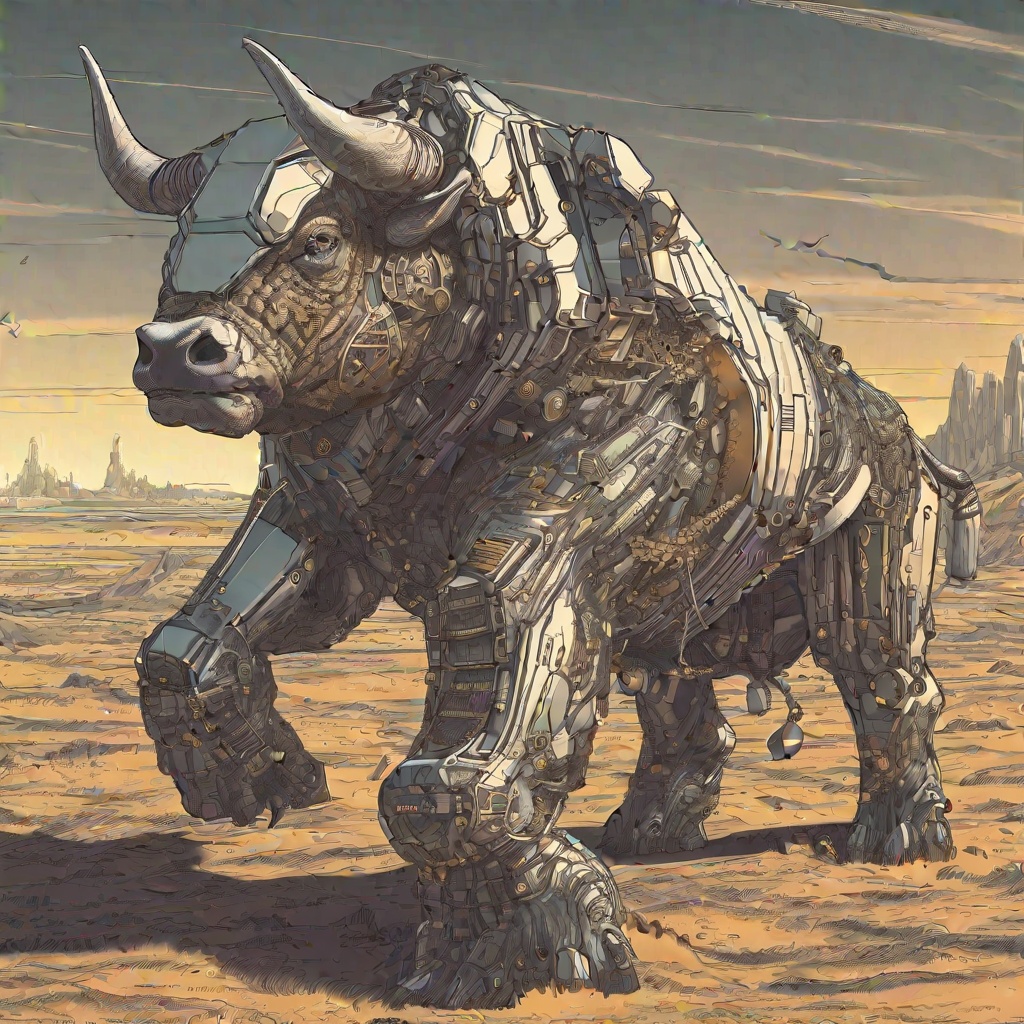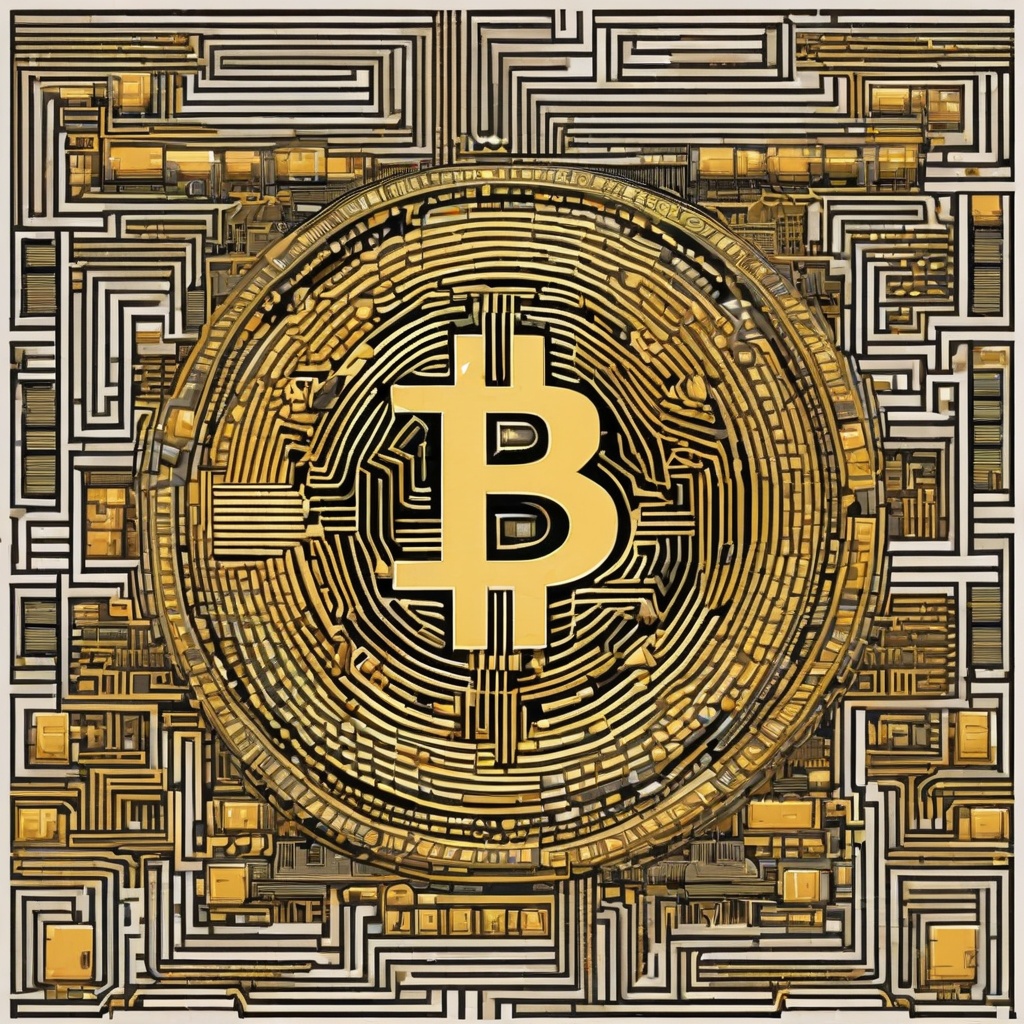Is Cardano a failed project?
Ah, Cardano. A project that's been talked about quite extensively in the cryptosphere. But is it really a failed project? Let's dig a little deeper. First off, Cardano is billed as a third-generation blockchain platform that promises scalability, security, and interoperability. It's also backed by rigorous academic research, which is quite unusual in this space. But the question remains: has it delivered on these promises? Well, Cardano has made some progress. It's been able to attract a dedicated community of developers and has seen some adoption. But it's also faced challenges, including delays in its roadmap and competition from other blockchains. So, is Cardano a failed project? It's not an easy question to answer. It depends on your definition of success. If you're looking for rapid growth and widespread adoption, then Cardano might not be meeting your expectations. But if you're more interested in its long-term potential and the rigorous approach it's taking, then it might still be worth keeping an eye on. What do you think? Has Cardano failed to meet your expectations, or do you see potential in its long-term vision?

Should I buy Polkadot or Cardano?
Hello there, I've been following the cryptocurrency market for a while and I'm considering adding some new coins to my portfolio. I've narrowed down my choices to Polkadot and Cardano, but I'm having a tough time deciding between them. Could you help me out? I'm interested in both their technology and potential for growth. Polkadot seems to have a really innovative interoperability solution, while Cardano boasts a secure and scalable blockchain. But I'm still not sure which one would be a better fit for my investment strategy. What are your thoughts on these two projects? And which one would you recommend based on their current market position and future prospects?

Why is Polkadot worth more than Cardano?
Why is it that Polkadot commands a higher valuation than Cardano? Both projects are touted as innovative forces in the blockchain and cryptocurrency space, each with its own set of unique features and advantages. Polkadot, for instance, boasts its interoperability across multiple blockchains, providing scalability and security to a diverse network of chains. Its shared security model and user-oriented governance system further enhance its appeal. On the other hand, Cardano touts its robust security through rigorously tested protocols and scalability achieved through its Ouroboros consensus algorithm. Its Proof of Stake mechanism offers a more sustainable approach to consensus, appealing to those concerned with environmental impact. So, what gives Polkadot the edge in terms of valuation? Is it the breadth of its interoperability, the depth of its security model, or the efficiency of its governance system? Or is it perhaps a combination of these factors, along with market sentiment and investor perception? This is indeed a fascinating question that deserves further exploration.

Who is behind Cardano?
Who is behind Cardano?" This is indeed an intriguing inquiry. Cardano, a blockchain platform that has gained significant attention in the cryptocurrency and finance world, is the brainchild of a team of highly skilled and dedicated individuals. Led by Charles Hoskinson, Cardano's founder and CEO, the team consists of a diverse mix of experts in fields such as cryptography, distributed systems, and formal methods. Hoskinson, himself, is a serial entrepreneur and veteran in the blockchain industry, having been involved in some of the earliest projects in this space. His vision for Cardano is to create a scalable, secure, and sustainable blockchain platform that can serve as a foundation for a range of decentralized applications and financial services. Beyond Hoskinson, the Cardano team is comprised of a global cadre of researchers, developers, and contributors who are committed to the project's success. This collaborative and diverse team brings a wealth of experience and expertise to Cardano, ensuring that it remains at the forefront of blockchain innovation. So, when you ask "Who is behind Cardano?" the answer is a team of passionate and talented individuals who are dedicated to pushing the boundaries of blockchain technology and bringing its benefits to a wider audience.

Can Cardano rise again?
Could Cardano rise again?" I ponder, scanning through the latest market trends and technical indicators. The cryptocurrency world is always volatile, and Cardano, once a promising project, has seen its share of ups and downs. Its unique features and the team's dedication to scalability and interoperability have garnered it a loyal community. But the question remains: will it regain its former glory? The recent bear market has been tough on many cryptocurrencies, and Cardano is no exception. Its price has been fluctuating, and investors are understandably cautious. However, I believe that every crisis presents an opportunity. Cardano's strong fundamentals and the team's relentless pursuit of innovation could be its ticket to recovery. Moreover, the broader cryptocurrency landscape is evolving rapidly. New use cases and applications are emerging, and Cardano's flexible and adaptable platform could position it well to capitalize on these opportunities. Of course, no one can predict the future with certainty, but I'm hopeful that Cardano has the potential to rise again and reclaim its place in the cryptocurrency ecosystem.

